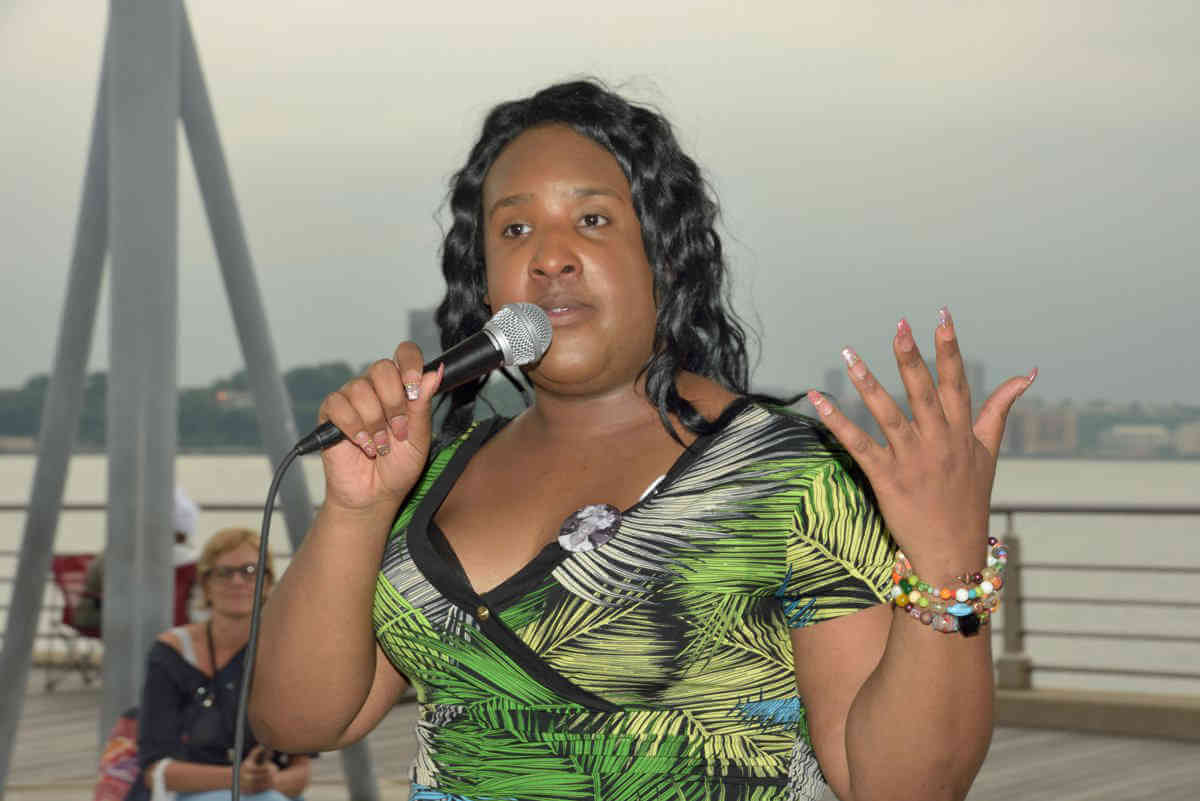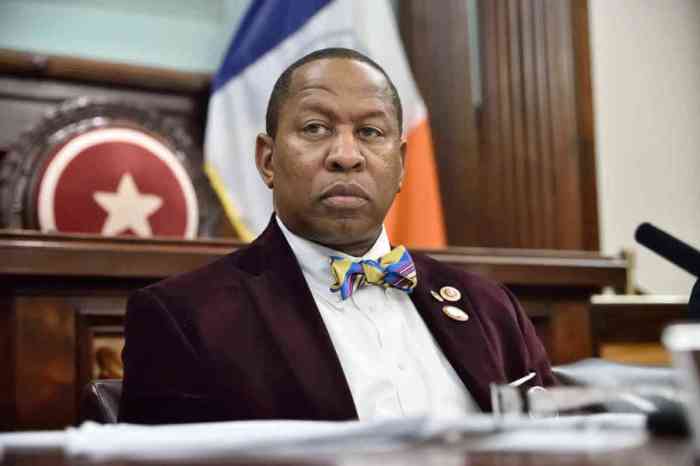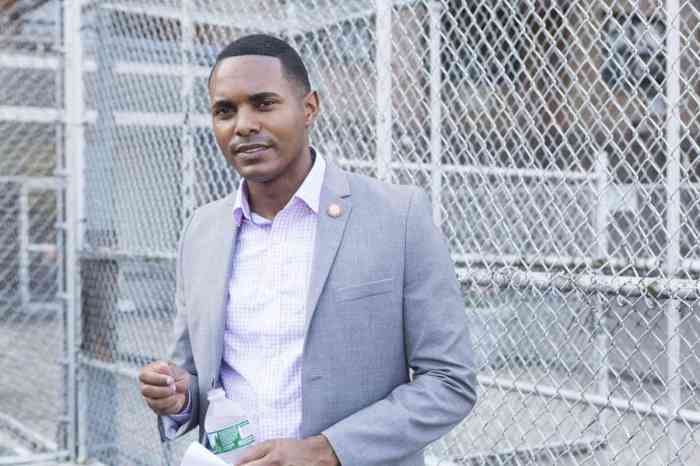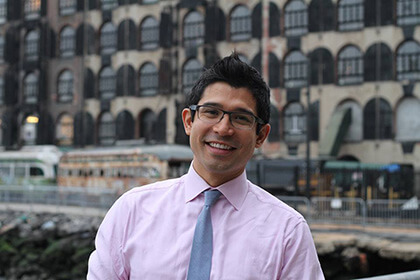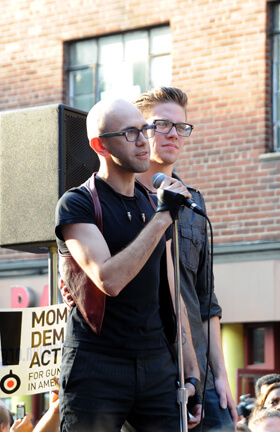The New York City Anti-Violence Project (AVP) unveiled a new report detailing gender employment discrimination based on responses from 118 transgender and gender non-confirming people in the city.
The findings showed that respondents were consistently victims of harassment in their workplaces, experienced discrimination during their job searches, suffered from higher rates of unemployment than others, and had disparities between their education and income.
LaLa Zannell, who serves as AVP’s lead community organizer, said in a written statement that the report was undertaken to investigate the effectiveness of transgender-friendly policies established by Mayor Bill de Blasio and the City Commission on Human Rights.
Among those who have searched for jobs in the last two years, the most common issues cited by respondents were lack of experience, inadequate education, and lack of access to interview-appropriate clothing. Twenty-two percent of respondents said they were unemployed. Although trans gender non-conforming people are more likely to have bachelor’s degrees than other New Yorkers, less than half of respondents had full-time jobs.
Complicating things further, many applicants ran into issues before they even submitted applications. Fifty-seven percent of respondents said they had to fill out forms that asked for gender identity but did not provide enough options. Even worse, 33 percent said they were asked which gender they were assigned at birth, which is illegal in the state.
Nearly half of the respondents said they heard degrading comments and 33 percent said they received unwanted sexual comments.
Some people described how they were forced to not only educate fellow staff members on transgender issues, but were presented with invasive questions.
“I was basically forced into being queer Google for the entire staff,” one respondent said.” I had coworkers asking about my genitals, sex life, surgeries, and other uncomfortable questions but then no one would sit with me on break.”
When people addressed their discrimination concerns to their employers, they were often met with dismissive and sometimes insulting responses.
“The Human Resources department responded to my request that people stop misgendering me by pointing out that many people don’t misgender me, then did absolutely nothing,” one respondent explained.
Audacia Ray, who is AVP’s director of community organizing and public advocacy, noted that the survey found that trans and gender-nonconforming people in New York don’t always know that they can report their issues to city agencies, and that those who do report discrimination often face retaliation.
Ray called on city lawmakers to step in and take action to help the community before the issues get worse.
“It’s imperative that New York City Council introduce legislation that extends the amount of time people have to file employment discrimination complaints with the City Commission on Human Rights from one to three years,” Ray said. “This extension will allow for more trans and gender non-conforming survivors of workplace discrimination to report and receive recourse from the violence they experienced.”
Brooklyn Councilmember Mathieu Eugene, who is the chair of the Council’s Committee on Civil and Human Rights, could not immediately be reached for comment on potential legislation to extend the timeframe allotted for discrimination complaints.

